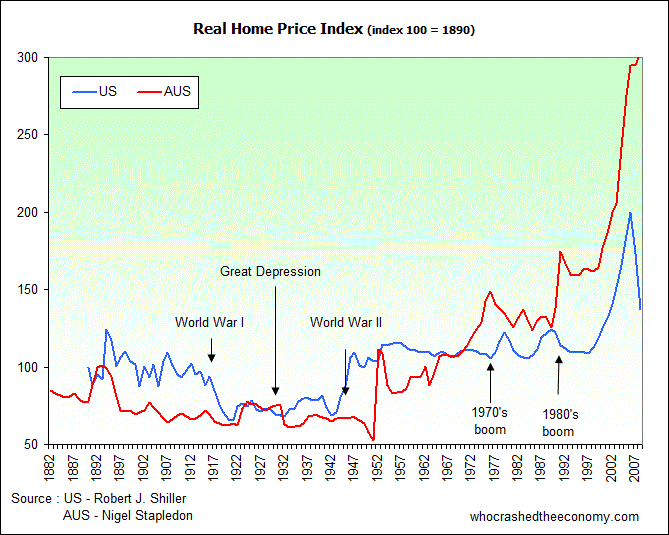G'day All
i am looking into buying an investment property for the first time and being a complete novice to all the in's and out's of property investment and economics i have been wondering what the likely effects of another recession could have on the property market.
i would be interested to know what effects recession’s of the past have had on:
- interest rates
- property values/sales prices
- rental returns
- trends in people buying vs renting
- property for sale / for rent demand
- trends in what types of property are in demand and those that may be vacant for long periods.
my personal circumstances are:
25yo, single with a secure well paid job, so im not too worried if there is another recession.
looking to buy in either perth, fremantle or mandura areas at around the $550k mark, for a long term investment.
basically i am trying to find out when the best time to buy is, and what type of property may get the best results (of course that is what everyone wants to know

)
any advise is appreciated


